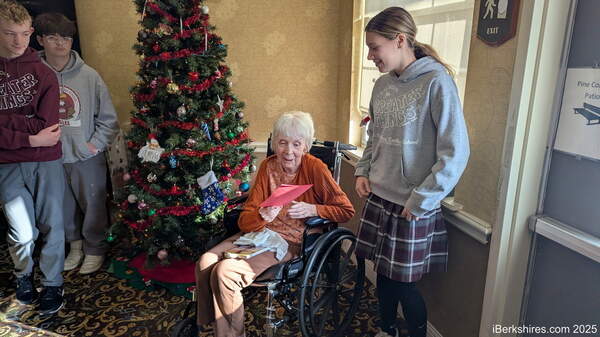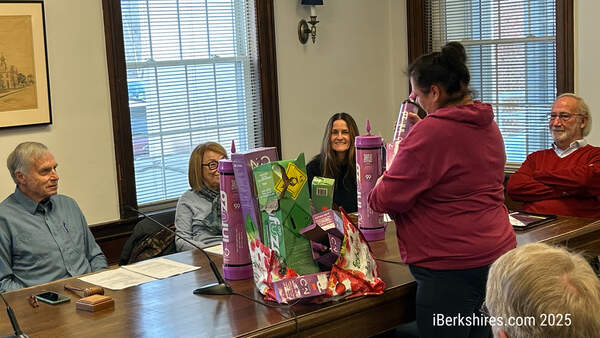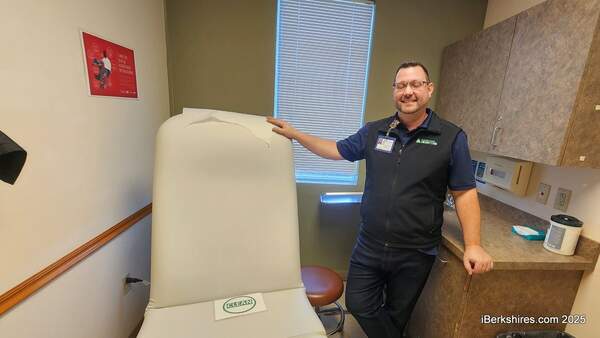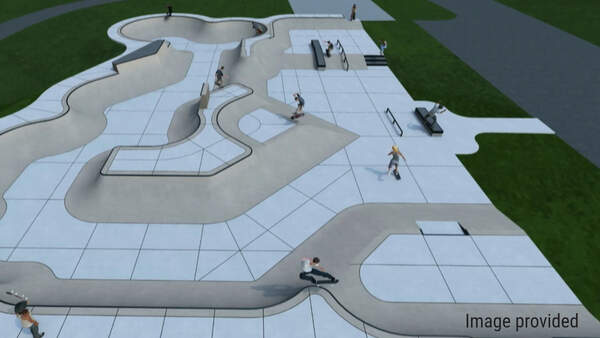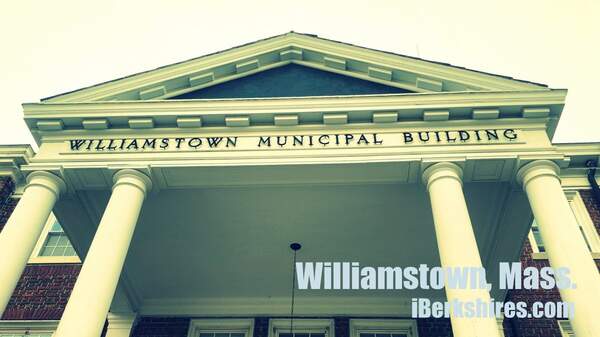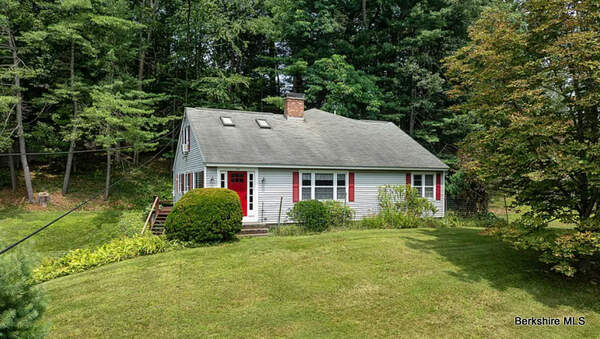North Adams Hospital Prescribes Major Changes
.JPG) |
NORTH ADAMS, Mass. — North Adams Regional Hospital is reconfiguring the services it provides as a way to manage the challenges ahead in health care and health insurance reform.
With an estimated loss upwards of $2.5 million in the coming year as the federal Affordable Care Act begins implementation, Northern Berkshire Healthcare's board of trustees approved a strategic plan on Tuesday that will focus on areas with potential growth and shift toward more outpatient services.
The changes are expected to affect 10 percent of the hospital's more than 500 employees.
"Our strategy is designed to make sure that NBH is here to care for the people of North Berkshire into the future," said President and CEO Timothy Jones in a statement. "The challenges facing us are significant, and we are acting today to preserve our local hospital. This will affect about 10 percent of our staff in some way, although we won't know exact numbers until the process is complete."
Among the growth areas targeted in the plan are surgical services, orthopedics, wound care, diabetes care and healthy communities initiatives.
"The trend has been obvious for years that more care will be provided outside of a hospital setting," said Jones, noting that patient admissions had dropped 10 percent this past year alone. "We’re designing services to meet the needs of our current volume of patients."
Changes include the transformation of 3rd North into 16 private rooms that will include telemetry, or remote monitoring, an expansion of the hospital's current capabilities, say officials. What had been the coronary care unit will now be part of the telemetry unit.
The critical care unit on the second floor will become the Joint Replacement Center, with private rooms, a gym for rehabilitation and dining space for patients.
Greylock Pavilion, on the hospital's fourth floor, will be eliminated by January and a psychiatric patients treated on an outpatient basis, with the anticipation of creating a "psychiatric pod" as part of the Emergency Department. The daily census has declined from 11 in 2008 to 7.1 this year while patients have waited for weeks for outpatient appointments.
Pediatrics will also be closed and patients treated in "observation" status within the Emergency Department. Maternity will not be affected.
Hospital officials say the number of pediatric cases admitted is low, 52 in this fiscal year, with 21 of those "observation patients" who are suffering from conditions such as asthma. Children with more serious conditions are already being transferred to other hospitals.
Officials estimate the cost for the conversions at about $75,000, which is included in the capital budget.
|
The community hospital has struggled over recent years, the victim of decreases in Medicaid and Medicare payments, declining patient volumes, changes in health care and the 2008 financial collapse.
Jones was brought onboard last year with the vision to make the health system more responsive to community health needs, create partnerships with local service and health organizations and institute cost saving efficiencies.
Some of that is being done through the use of "Lean" strategies to improve patient care as well as save costs. In addition, the hospital will eliminate a number of vacant or open positions and "focused expense reductions."
Hospital officials say they have begun talks with SEIU1199, which represents licensed practical nurses and other staff, and the Massachusetts Nurses Association about new models of care.
"We will follow our contractual obligations which will involve layoffs, but we are making every effort to offer jobs to as many people as possible," according to officials.
Bright spots have been the award-winning Wound Care Center and a recent partnership with Berkshire Surgical Associates. Some kind of partnership is in the discussion phase with Berkshire Health Systems.
Hospital officials also see opportunity in emergency services, which now sees 19,000 people annually. Experts from Brigham and Women's Hospital of Boston are working with NARH to improve the Emergency Department.
Still, while the health-care system's financial situation has improved from several years ago, there are still challenges. In addition to the effects of the ACA, the federal budget sequestration is reducing Medicare payments by $200,000 this fiscal year and by $400,000 or more in the next fiscal year that begins Oct. 1.
"NBH, like all hospitals and care providers in the nation, will be subject to massive change as the federal Affordable Care Act takes effect and as models of care evolve," Jones said. "The NBH of the future will have to be quicker to adapt, more collaborative, and will look different than it does today. The certainty is this: that a responsive, financially sound NBH will be here to care for our families, friends and neighbors."
Updated at 6:18 p.m. on Sept. 11, 2013, to add the capital cost.
Tags: ACA, fiscal 2014, health care, hospital, NARH,

